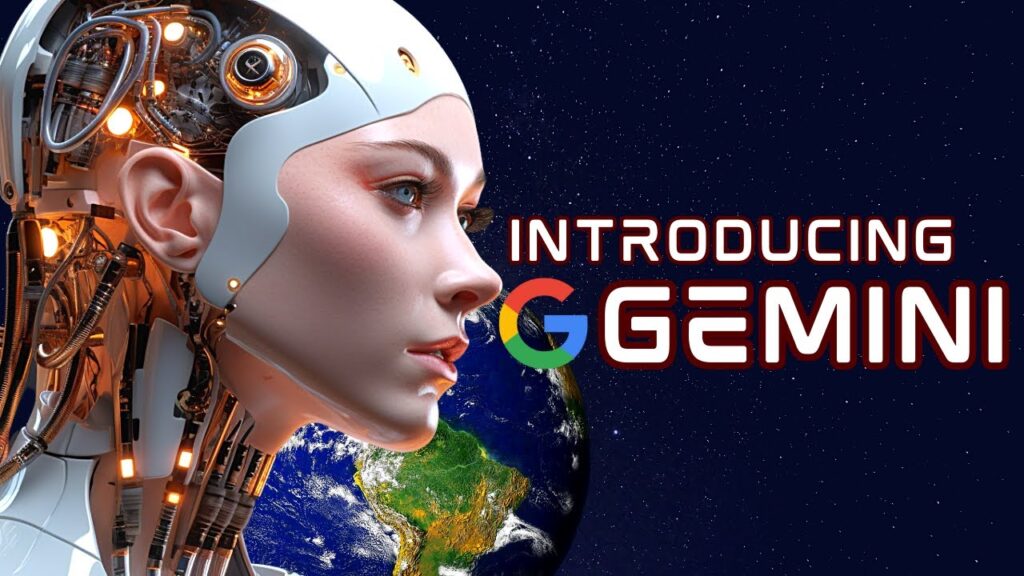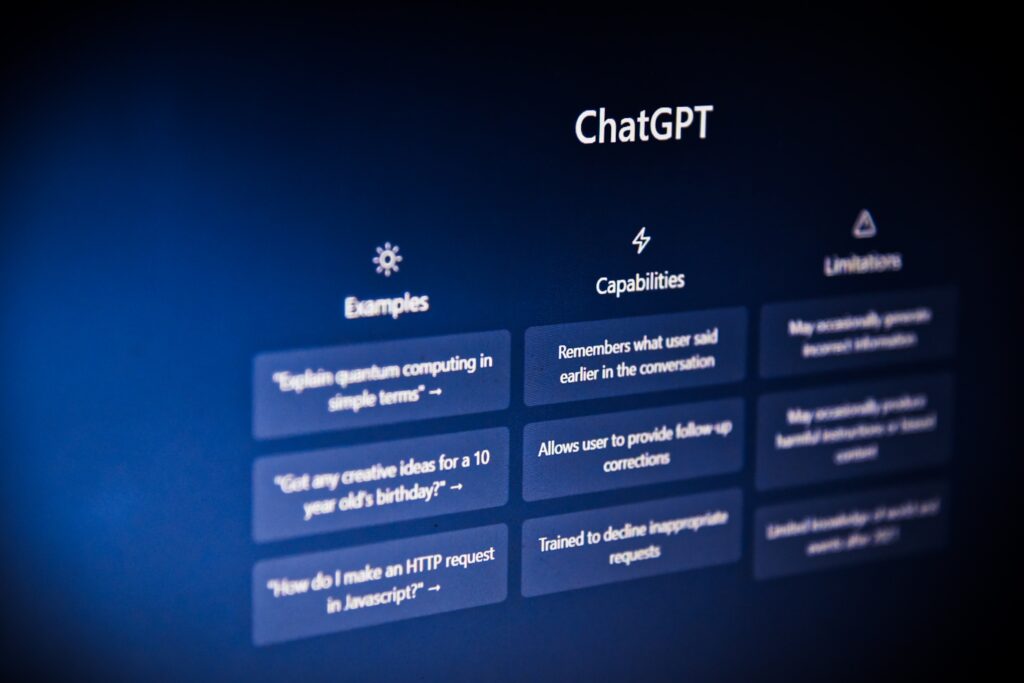

Google Gemini vs ChatGPT
Welcome to a fascinating analysis of two titans of the AI language model world: Google Gemini and ChatGPT. Today, we will embark on a comparative journey to understand their strengths, weaknesses, and potential applications, providing valuable insights for both beginners and seasoned professionals alike.
Understanding the Contenders
Google Gemini: Developed by Google AI, this family of large language models (LLMs) encompasses three distinct models – Gemini Ultra, Gemini Pro, and Gemini Nano – catering to different needs and resource constraints. Gemini is known for its multimodal capabilities, excelling in understanding and generating various forms of content, including text, code, audio, and even images.
ChatGPT: Developed by OpenAI, this LLM has gained immense popularity for its conversational fluency and creative text generation capabilities. It is particularly adept at generating human-like dialogue, writing different kinds of creative content, and translating languages.
Breaking Down the Key Differences
Strengths
Gemini
Multimodality: This is Gemini’s crown jewel. It can process and generate text, code, audio, and images, making it a true jack-of-all-trades. Imagine analyzing scientific data alongside relevant visuals, writing code while visualizing the results, or composing music based on a poem. This opens doors to entirely new ways of learning, creating, and solving problems.
Higher Accuracy and Fluency: Gemini boasts impressive accuracy in tasks like code generation (outperforming 85% of coding competition participants) and factual language understanding. Moreover, its fluency shines through in its ability to generate natural-sounding text and code, even in complex contexts.
Scalability: Gemini comes in different versions (Ultra, Pro, Nano) to cater to diverse needs and computational resources. This scalability makes it accessible to a wider range of users and applications, from research labs to personal devices.
Continuous Learning and Improvement: Gemini is designed to learn and improve over time. It can adapt to new data and feedback, constantly refining its abilities. This ensures its relevance and usefulness in the ever-evolving world of AI.
ChatGPT
Conversational Fluency: ChatGPT excels at natural language interactions. It can hold engaging conversations, adapt its tone to different contexts, and even generate humorous or creative responses. This makes it ideal for chatbots, customer service applications, and creative writing tools.
Creative Text Generation: ChatGPT has a knack for generating different creative text formats, like poems, scripts, musical pieces, and code snippets. This opens doors for writers, musicians, and artists to explore new ideas and push their creative boundaries.
User-Friendly Interface: ChatGPT offers a user-friendly interface that makes it accessible even to non-technical users. This low barrier to entry has helped it build a large and active community of users who contribute to its development and explore its potential.
Active and Engaged Community: ChatGPT boasts a vibrant community of developers, researchers, and enthusiasts who contribute to its development, share their experiences, and discover new applications. This collaborative spirit fosters innovation and ensures the model’s continued growth and relevance.
In summary, both Gemini and ChatGPT offer unique strengths. Gemini shines in its multimodality, accuracy, and scalability, while ChatGPT excels in its conversational fluency, creative text generation, and user-friendliness. Choosing the “better” model depends on the specific needs and context.
Weaknesses
Gemini
Limited Access: Currently, the most powerful Gemini models like Ultra are only available to a limited number of researchers and developers. This restricted access hinders broader adoption and experimentation, potentially slowing down its development and application in real-world scenarios.
Bias Potential: Like any AI trained on vast datasets, Gemini carries the risk of inheriting biases present in its training data. These biases can manifest in unfair or inaccurate outputs, highlighting the need for careful data selection and bias mitigation techniques.
Under Development: While impressive, Gemini remains in its early stages of development. Its capabilities are still evolving, and it may encounter limitations in handling complex tasks or adapting to unforeseen situations. This ongoing development necessitates continuous monitoring and refinement.
ChatGPT
Factual Accuracy: ChatGPT’s conversational fluency can sometimes come at the cost of factual accuracy. Its responses may not always align with established knowledge or evidence, raising concerns about misinformation and unreliable information.
Limited Complex Query Handling: While adept at casual conversation, ChatGPT can struggle with complex or nuanced queries, particularly those requiring deep reasoning or domain-specific knowledge. This limits its usefulness for tasks like scientific research or technical problem-solving.
Misuse and Manipulation: ChatGPT’s ability to generate creative text formats and mimic human language carries the potential for misuse. Malicious actors could exploit its capabilities for disinformation campaigns, phishing attacks, or even generating harmful content. This necessitates robust safeguards and ethical considerations during its development and deployment.
In essence, both Gemini and ChatGPT have weaknesses that require careful attention. Limited access and potential biases can hinder Gemini’s impact, while ChatGPT’s factual accuracy and complex query handling limitations necessitate cautious use. Addressing these weaknesses is crucial for ensuring the responsible and beneficial development of these powerful AI models.
Applications
Gemini
Multimodal Learning and Education: Imagine students exploring scientific concepts through interactive simulations, learning code by visualizing its outputs in real-time, or composing music inspired by historical events. Gemini’s multimodality unlocks new avenues for personalized and engaging learning experiences.
Creative Revolution: From generating original soundtracks for films to crafting poems based on paintings, Gemini empowers artists and creators to push the boundaries of their craft. Its code-writing capabilities can even assist in developing innovative applications and tools.
Scientific Breakthroughs: Gemini’s ability to analyze complex data across various formats can accelerate scientific discovery. Imagine simulating climate change scenarios with detailed visuals or analyzing medical data through interactive visualizations – Gemini’s potential in scientific research is immense.
Personalized Information Access: Imagine a world where information adapts to your learning style and preferences. Gemini can personalize news articles, generate summaries in different formats, and even translate languages in a way that resonates with you.
ChatGPT
Conversational AI and Chatbots: ChatGPT’s conversational fluency makes it ideal for building engaging chatbots that provide customer service, answer questions, or even offer companionship. Imagine a chatbot that can adapt its tone to your emotions and understand your nuanced queries.
Creative Writing and Content Generation: From crafting captivating scripts to generating captivating marketing copy, ChatGPT can assist writers and content creators in various ways. Its ability to mimic different writing styles and generate original ideas can spark creativity and improve workflow.
Personal Productivity and Assistance: Imagine a personal assistant who can help you schedule appointments, summarize documents, or even write emails in your voice. ChatGPT can automate tasks, streamline workflows, and free up your time for more important work.
Education and Language Learning: ChatGPT can personalize learning experiences by adapting explanations to different learning styles, providing interactive exercises, and even generating educational games. Its language capabilities can also assist in language learning by providing personalized feedback and engaging conversation practice.
Remember, these are just a few examples, and the potential applications of both Gemini and ChatGPT are constantly expanding. As these models evolve and become more accessible, we can expect even more innovative and transformative applications to emerge.
Market Figures
AI market size: Estimated to reach $1.57 trillion by 2028.
ChatGPT usage: Over 1 million users as of April 2023.
Gemini: Currently in limited beta access, but expected to see wider adoption in the coming years.
The Future of AI-Language Models
Both Gemini and ChatGPT represent significant leaps forward in AI technology, each with its own unique strengths and potential applications. As AI continues to evolve, we can expect both models to undergo further development, addressing their current limitations and unlocking even more powerful capabilities.
Conclusion
Choosing between Google Gemini and ChatGPT depends on your specific needs and priorities. If you require a multimodal LLM with superior accuracy and fluency, Gemini might be the better choice. However, if you prioritize ease of use and conversational fluency, ChatGPT might be a more suitable option. Ultimately, the future of AI language models belongs to both, pushing the boundaries of innovation and transforming the world around us.
Remember, this is just the beginning of our journey. As technology advances and these models evolve, we must remain open-minded and continue exploring their potential for a brighter future.
